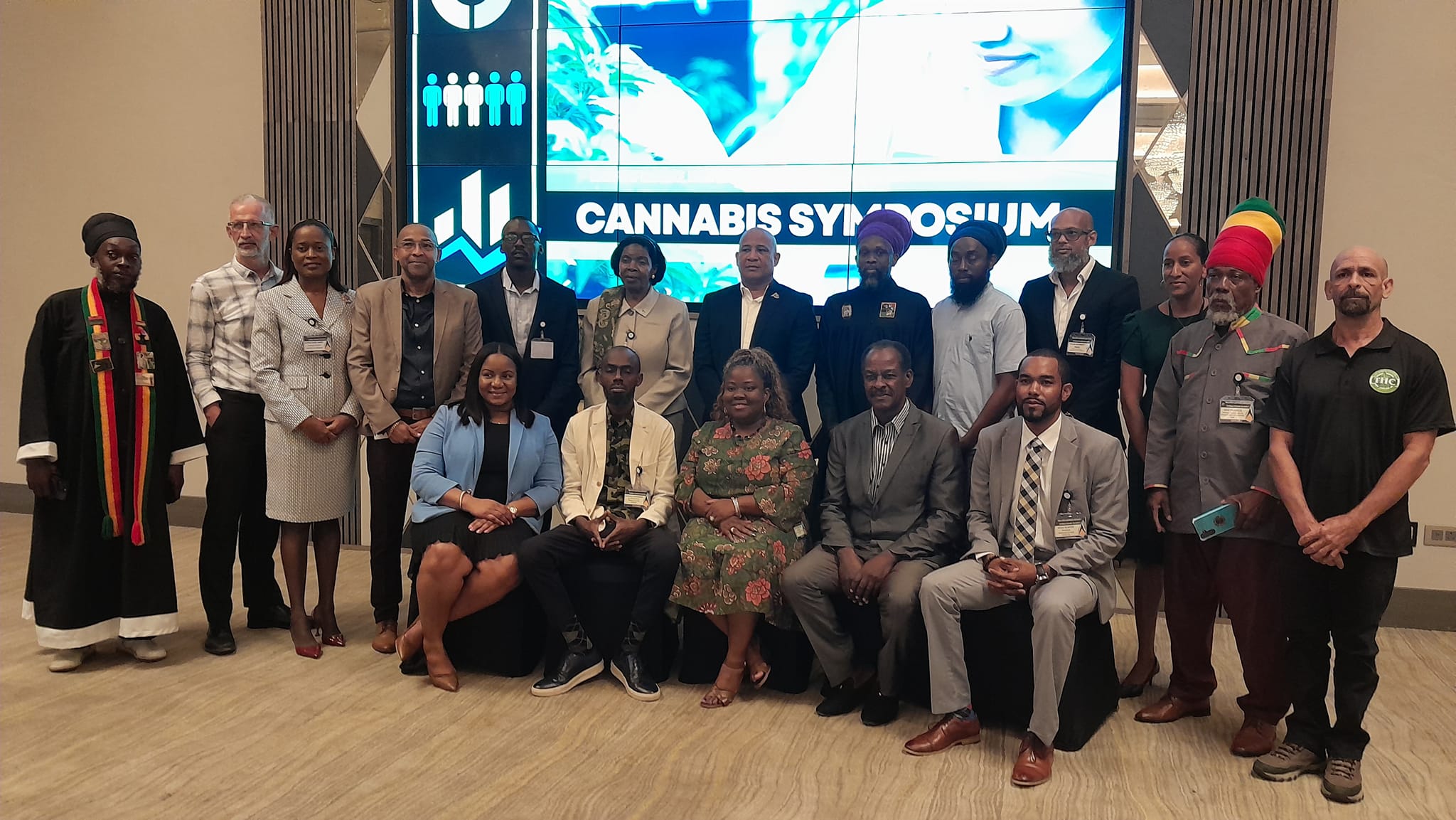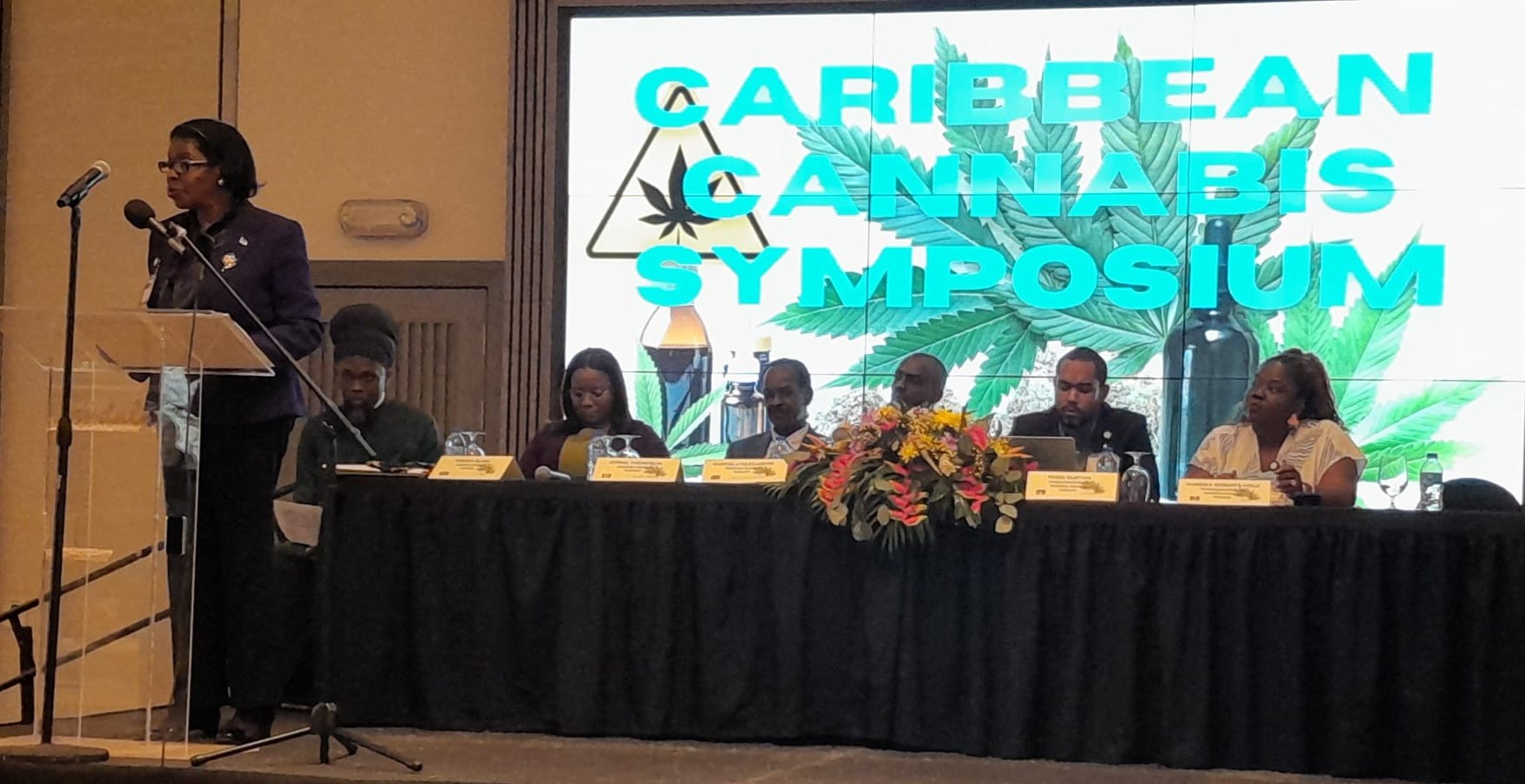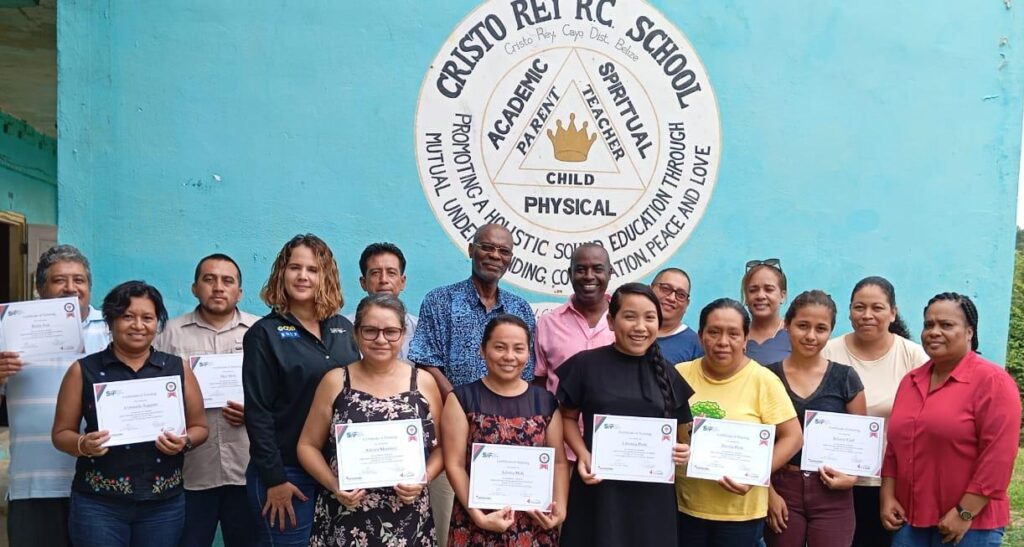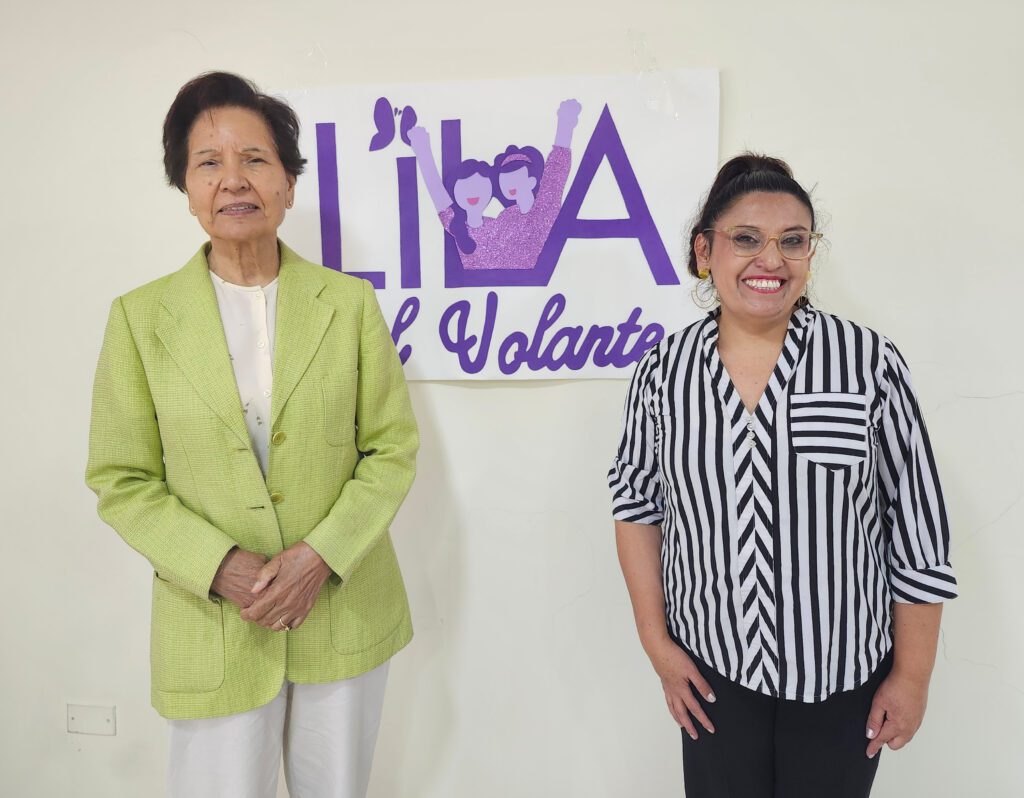Inclusive Growth: Helping Saint Lucia Advance Its Cannabis Industry

In March 2024 the Government of Saint Lucia hosted a regional symposium on cannabis, to discuss the establishment of the industry with stakeholders from five CARICOM member countries with cannabis authorities: Jamaica, Antigua and Barbuda, Saint Kitts and Nevis, Barbados and, Saint Vincent and the Grenadines.
Over the last few years, the government of Saint Lucia has made strides towards modernizing its approach to cannabis, aligning with global industry trends. With the support of Catalyste+, the Ministry of Commerce, Manufacturing, Business Development, Cooperatives and Consumer Affairs was able to develop a legal framework for the regularization of the cannabis industry, to allow for responsible cannabis cultivation, sale and use within the country.
With a goal of passing and implementing laws to regulate the production and use of medicinal cannabis and industrial hemp on the island, Saint Lucia aims to position itself as a leader in the Caribbean region in terms of progressive legislation, replacing outdated and restrictive laws related to cannabis. The Ministry of Commerce had undertaken initial policy and legislative drafting for a Regulated Substances Authority Bill and a Cannabis Bill but needed the support of a Catalyste+ Advisor to provide any amendments and suggest guidelines for a regulatory framework.
“We were in the infancy stages of reviewing the regime for cannabis in Saint Lucia,” said Dylan Norbert-Inglis, Chairman of the country’s Cannabis Task Force and Senior Legal Officer attached to the Ministry of Commerce. “We had started drafting the legislation and wanted help to develop a bespoke legal regime for the country,” he added.
In St. Lucia, change began in 2019 with the appointment of a Cannabis Commission, and in 2020 the Cabinet approved a policy framework for developing a cannabis regime. Then, in 2021 Saint Lucia passed a bill decriminalizing the possession of 30 grams of marijuana per person and permitting the cultivation of up to four plants per household. In 2023, Saint Lucia’s government introduced the Regulated Substance Authority Bill, aimed at creating a legal framework for regulated substances, including cannabis and cannabis products.
Saint Lucia’s government is committed to developing a vibrant cannabis industry focused on medicinal cannabis and related hemp products for several reasons, Mr. Norbert-Inglis said. He explained that although citizens had a long history of using cannabis for sacramental and medical reasons, they were doing so illegally and sometimes gaining a criminal record that could pose a barrier to employment or external travel opportunities.
Catalyste+ provided the technical expertise of advisor Oriana Trombetti, an Ottawa-based lawyer with significant experience in policy and legislation development, having worked with many Canadian government departments throughout her long career.
According to Trombetti, Saint Lucia has been taking a very considered and steady approach to regulating the production and use of medical and industrial hemp. “I was impressed by the officials I met in Saint Lucia. It was obvious they had given a lot of thought to how the new cannabis industry could emerge in their country. They had done their homework,” she said.
During the first phase of her assignment in Fall 2022, Trombetti worked virtually to comprehensively review Saint Lucia’s draft cannabis policy and legislation. This involved a series of virtual meetings with Norbert-Inglis, and other members of Saint Lucia’s Cannabis Task Force to shape the draft legislation.
In preparation for her departure to the Island, Trombetti also met with relevant Canadian authorities. “I had a number of very helpful meetings with officials from the Regulatory Operations and Enforcement Branch at Health Canada,” said Trombetti. “They willingly shared the experience they had with the implementation and development of Canada’s cannabis industry. In Canada, Health Canada is the federal department responsible for the cannabis industry, although some aspects are regulated by the provincial governments.”
In August 2023, Trombetti travelled to Saint Lucia to meet with various ministries to help the government develop a framework for a variety of regulations and guidelines to accompany the two pieces of cannabis legislation. She worked alongside the cannabis task force officials and industry stakeholders to help them amplify their vision of the policy, legal, and regulatory frameworks being created to support the newly emerging cannabis industry.

The proposed regulatory framework developed by Trombetti listed subjects for detailed regulations and it represented a robust starting point, from which to make decisions about which aspects of the framework to adopt, or modify, as necessary for the administration of the cannabis industry being adopted in Saint Lucia, said Mr. Norbert-Inglis. It was accompanied by several suggestions regarding how the government could proceed with the development of regulations.
The Ministry began to advance the regulatory framework in November 2023, dividing the work of formulating the actual regulations amongst several committees, each headed by a legal specialist. By April 2024, these drafts were moving forward for review alongside the draft cannabis bill.
Whilst working to develop its cannabis industry legislation and regulations, Saint Lucia has also assumed a regional leadership role within the Caribbean. In March 2024, the Saint Lucia government hosted a regional meeting on cannabis to discuss the establishment of the industry with stakeholders from five CARICOM member countries: Jamaica, Antigua and Barbuda, Saint Kitts and Nevis, Barbados, and Saint Vincent and the Grenadines. These outcomes are expected to have a positive impact on the development of the cannabis industry in the Caribbean, fostering cooperation and sharing best practices among the member states.


